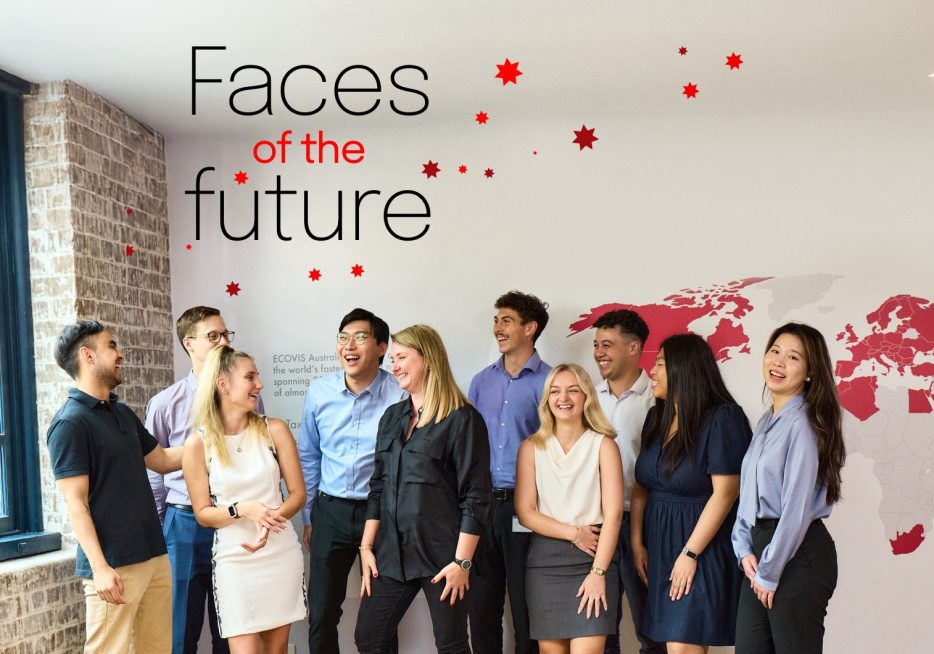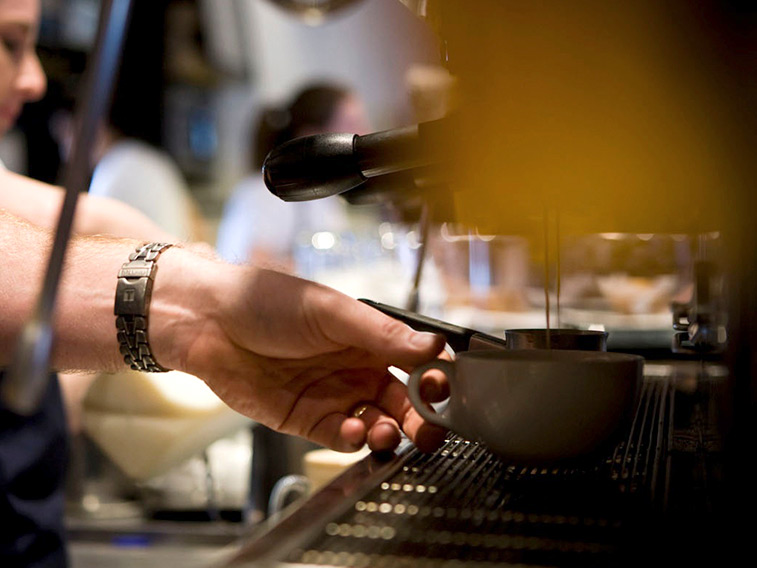Having passionate young professionals on the team is proving a powerful differentiator for Ecovis director Elissa Lippiatt.


Video
How Peter Barile grew his business from a cafe to the creator of a premium coffee roasting company with its eyes on the global market

Owning cafes, overseeing cafe chains, training baristas, supplying the nation’s coffee shops and restaurants with premium, freshly-roasted Arabica beans – you name it, Peter Barile has done (and probably still is doing) it.
Barile’s rise to become the nation’s Mr Big of caffeine tracks Australians’ increasing culinary sophistication. Three decades ago most Australians weren’t passionate about coffee. Neither, in a professional sense, was Perth resident Barile who started his career working as a computer programmer.
“It’s the classic story,” Barile says.
“Dad migrated here from Italy and opened a fruit and veg shop. After a few years working for the state government, I joined the family business. I ended up handling deliveries to pubs, restaurants and cafes. Through that, I met a chef and we set up what became an award-winning cafe in the middle of Perth’s CBD. Then I owned a couple of Dome Coffee franchises.
“After that, I was the operations manager for [cafe chain] Croissant Express. In 2003 I opened a cafe in Subiaco called Brew-Ha. We roasted our beans on site and that led to the creation of Big Brew, my premium coffee roasting company.”
For the last decade, Big Brew has been the vehicle for Barile’s ambitions.
“Brew-Ha was set up as a conventional cafe but there was a growing interest for the beans we were roasting on site. Customers wanted to buy them to take them home to use in their machines. Then other cafes in Perth started wanting me to supply them. Then word spread up and down the coast. I had to buy a factory and industrial-sized roaster just to keep up with demand.”
Barile says from the turn of this decade he began putting a lot of effort into setting up a quality website.
“It explained what Big Brew was all about,” he says. “It also allowed individuals and businesses on the east coast of Australia to order our beans. Attracting the attention of the Melbourne, Sydney and Brisbane markets through our online strategy was a tipping point.”
So what was Barile’s online strategy?
“My view is that to succeed you need two things: a quality product and the ability to present it well. So the website, and more recently Big Brew’s social media accounts, are about explaining how we purchase the best quality beans we can, then treat them with love and care. Marketing is telling a story about your business. Hopefully, people find that story appealing.”
Two of the pillars of the Big Brew business are family and food standards.
“It’s my company but it’s run like a family business,” Barile says. “My dad helps me out. My sister takes care of the accounts and my kids have all worked here. I think customers like dealing with a business with those family values. That said, it’s the quality of the coffee that’s crucial, so I’m obsessive about having the highest food standards. I keep buying quality beans, even when prices are high. We roast beans fresh for customers on demand, rather than stockpiling supplies. We use the best equipment and keep it clean. And we have stringent procedures in place around food safety.”
Barile sold Brew-Ha four years ago to concentrate on Big Brew.
Despite dreaming about a better work-life balance, he hasn’t been able to help himself leaping on every brand extension opportunity that’s come along. There’s a ‘cellar door’ and a small cafe at the Big Brew factory, located in one of Perth’s industrial suburbs, where people can buy coffees and beans. Big Brew offers barista-training classes. It also provides cafes with a white label service, allowing them to put their own branding on Big Brew’s beans. And, following the Nespresso revolution, Big Brew has moved into selling biodegradable coffee pods.
Barile now has his sights set on launching a chain of Big Brew cafes locally and selling his beans globally.
“You focus on what you do well and take advantage of the opportunities that present themselves,” Barile explains.
“Australia now does food and beverage as well as anywhere in the world and we’re a lot closer than Europe to emerging markets such as Indonesia and China. We’ve had some interest from China. It’s a young market; it’s like Australia was three decades ago. But if the Chinese start to drink coffee the way Australians now do, we won’t be able to roast enough beans to keep up with demand.”
© National Australia Bank Limited. ABN 12 004 044 937 AFSL and Australian Credit Licence 230686.